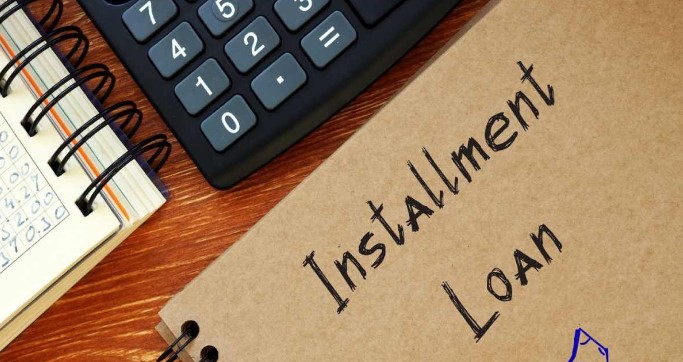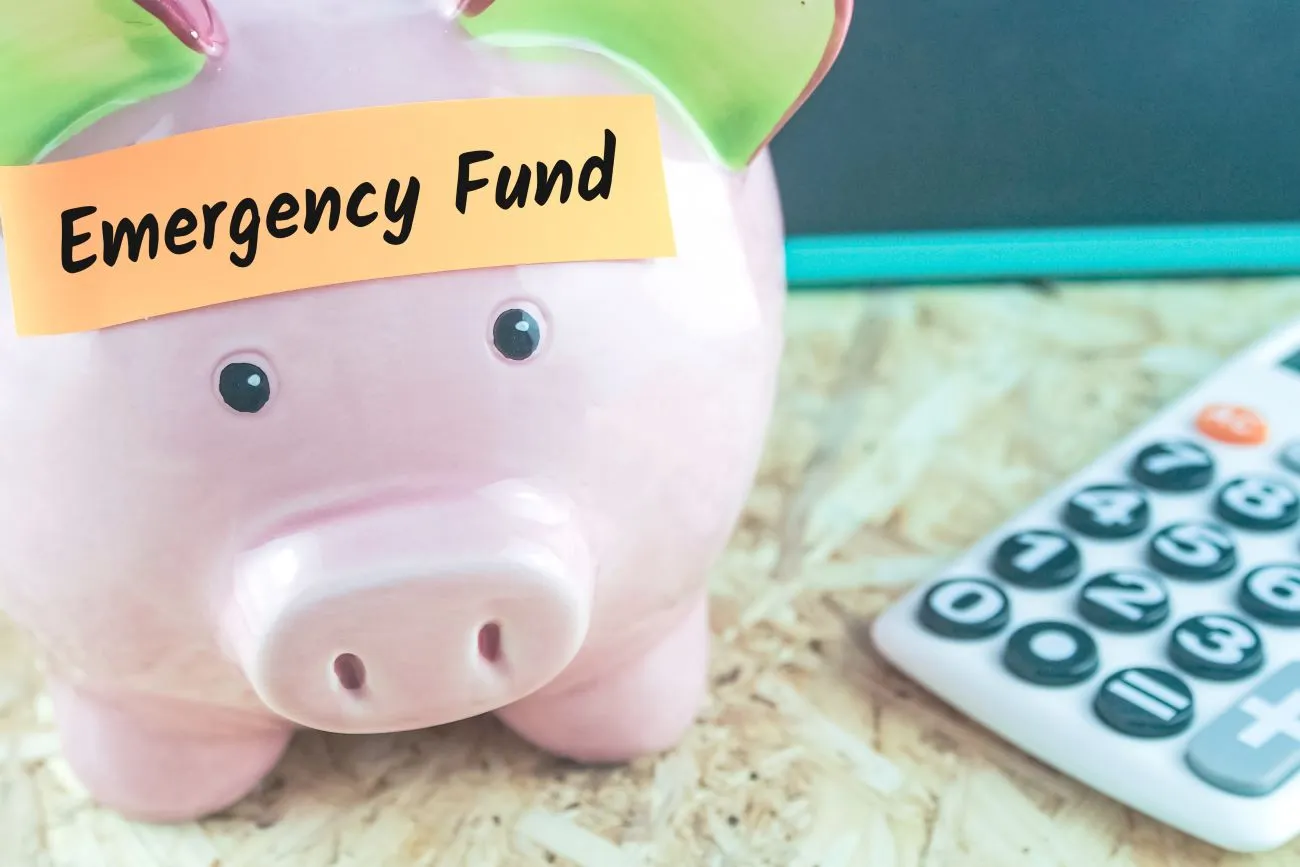When you promise to pay down a sum of money that you borrow from a direct lender over a period of time, the loan is called an instalment loan. These loans can be small and long-term, depending on the sum you borrow, and can be used for emergencies and planned expenses.
Whether you need them for unexpected expenses or planned expenses, they are ideal to fund one-off costs. As you get money in your account, you will have to start paying instalments. The size of each monthly instalment will remain unchanged until the settlement.
Interest rates will remain fixed throughout the repayment term, so the instalment amount does not vary. As you settle all your payments, your account will be permanently closed.
What are the types of instalment loans?
Instalment loans can be categorised into secured and unsecured. When your loan is secured against a valuable asset, in other words, collateral, it is called a secured loan. Other times, they are called unsecured loans.
- Personal loans
As long as a loan is not backed by collateral, it is called a personal loan regardless of the size and repayment term. Personal loans are paid down in instalments as long as you are not using small emergency loans like payday loans and no guarantor money loans for bad credit.
Based on the borrowing sum, a lender will decide the repayment period, which can be 6, 12, or 24 months. As they are unsecured, lenders rarely loan you a repayment term longer than two years.
- Student loans
Student loans are used to finance graduate or postgraduate programmes. You can use either federal or private student loans. They are paid down over the course of time.
However, federal loan payments start when you complete your course and start earning money, but private student loans require you to start making payments as soon you get money in your account. You must have an income source to get the nod for private student loans.
- Auto loans
Car loans are also instalment loans, but they are secured in nature as your car will serve as collateral. You will be free to use the car however you want, but your lender will have the right to sell it. It means they can take it back to recover their money if you make a default.
The repayment term of auto loans could be up to 3 years or longer depending on factors like your borrowing sum, the size of the monthly instalment, and your income sources.
- Mortgages
Mortgages are used to finance residential or commercial property. There are various types of mortgages, and they are all secured by your property, meaning your mortgage lender can put your house or property on auction to get their money back when you fail to stick to your payment obligations. Mortgages offer the longest repayment term. It may range between 15 and 30 years.
What are the pros and cons of instalment loans?
Instalment loans from a direct lender have some benefits and drawbacks. Whether you should apply for these loans depends on your individual circumstances:
Here are the benefits of instalment loans:
- Large funding
One of the most significant benefits of instalment loans is that they can fund your large needs without further ado. You can use these loans for emergencies as well as big planned expenses. You can get approval for these loans despite a poor credit score.
- Payments are manageable
As you know how much amount you are to pay down every month, you can easily fit them into your budget. This lowers the risk of falling behind on payments.
- Helps make your credit report look better
Another advantage of instalment loans is that they can do up your credit score. If you pay down the loan on time, lenders will report your timely payments to credit bureaus. This helps offset the bad impact of older defaults and late payments.
Here are the drawbacks of instalment loans:
- Risk is high
Instalment loans come with longer commitments. It is tough to predict your financial situation for an extended period, so chances are you face difficulty making payments due to upsides and downsides in your financial life. For example, you are made redundant, or your medical expenses can go up. Once you fail to adhere to payments, you will end up adding to the total cost of the debt.
- You might borrow more money
There is always a potential to borrow more money through instalment loans. As the loan is paid down in fixed instalments, they seem more affordable, so you can be tempted to borrow a more considerable sum. Well, even if your budget allows, you should avoid borrowing more money than you need.
Why should you choose instalment payments over a lump sum payment?
Even if you borrow a smaller sum, you should prefer to opt for an instalment repayment plan, if possible. The prominent reason for doing so is that fixed instalments make it easier for you to repay the debt. You can easily accommodate your budget to these instalments, lowering the risk of falling behind on payments.
Apart from this, these loans help do up your credit rating. As your credit rating improves, you will access money at a lower interest rate down the track.
Emergency loans that require you to pay off the loan in full on the due date cannot help improve your credit score. One-time payment does not give clarity about your financial credibility. Therefore, getting money at a lower interest rate is impossible.
It makes sense that you will struggle to pay off the debt on the due date because of the interest paid on top of the principal, as your pocket did not have room to bear even the principal amount. This will push you on the verge of a debt trap.
What are the requirements to meet to get instalment loans?
To be eligible for instalment loans, you should be above 18 years of age. You must be a resident of the UK, and you should have a functional bank account.
In addition, you should have a decent credit score, but lenders might sign off on it despite a poor credit score. You must meet these general requirements to get approval for an instalment loan. Other conditions may vary by type.
The final word
Instalment loans certainly have a lot of benefits, but make sure that you should use these loans only when you cannot manage without borrowing. Do not borrow more than you need. Stick to the payment schedule so your credit score does not go down. While taking out instalment loans, you should consult a lender offering lower interest rates.






